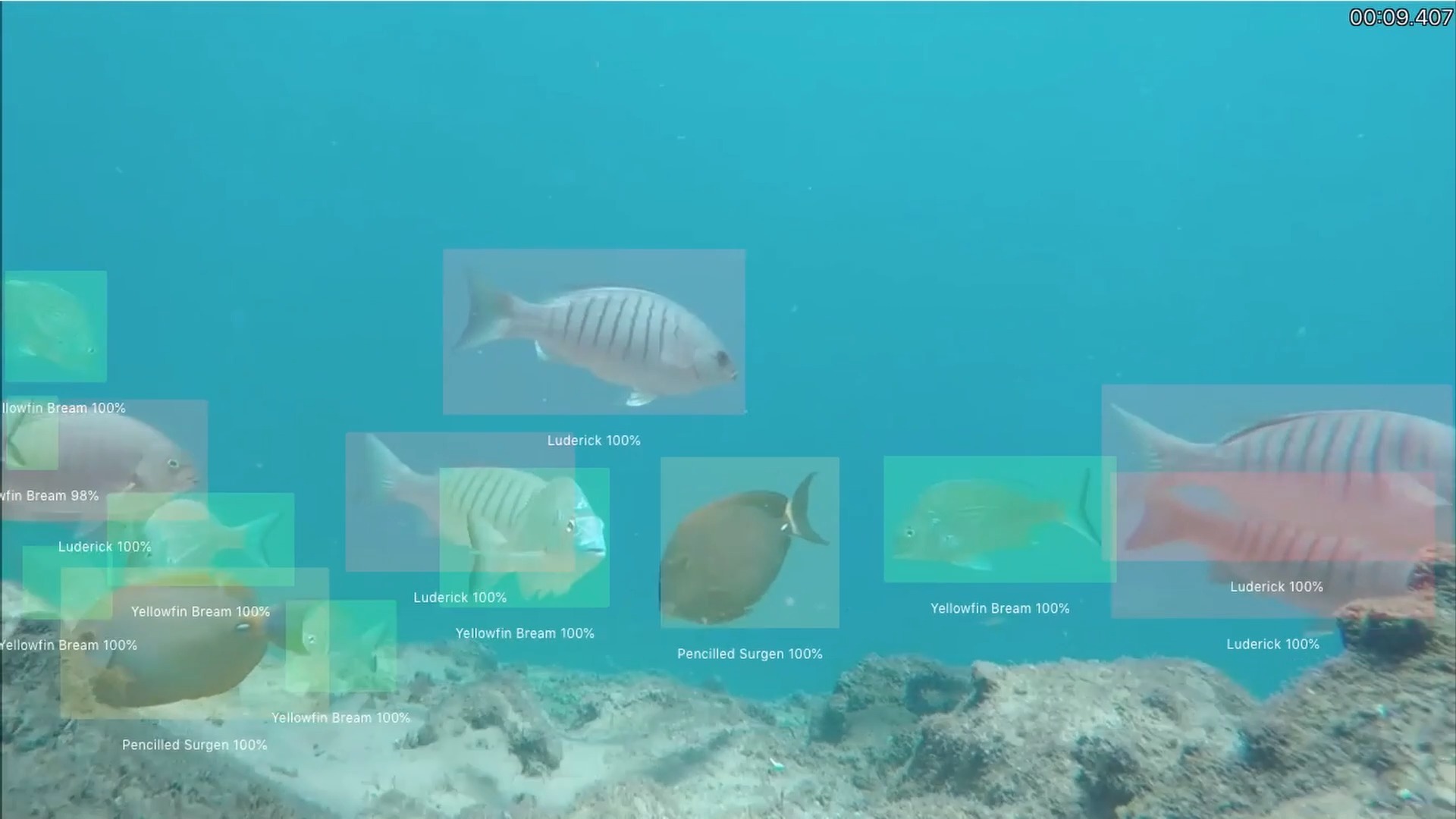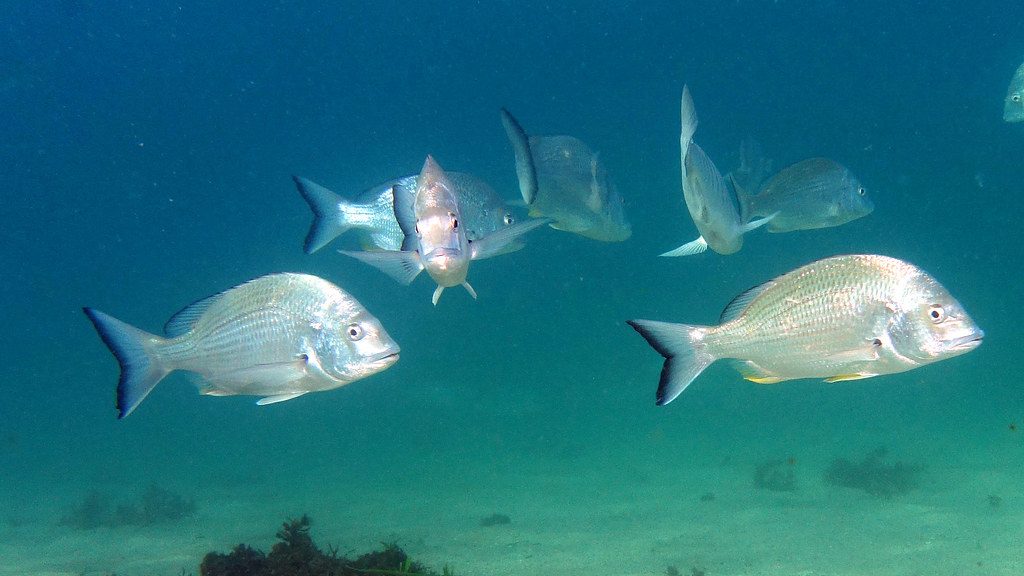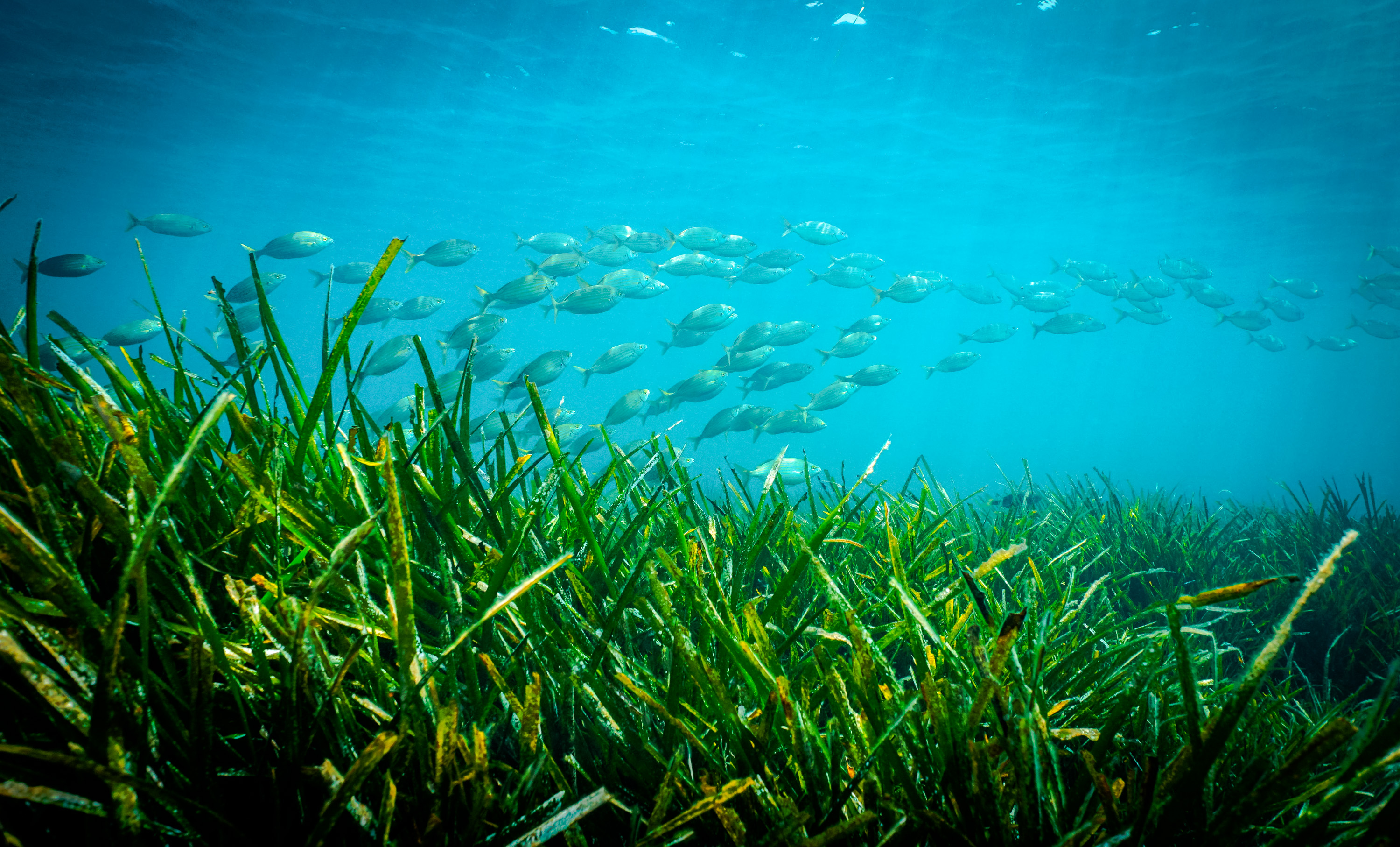Automated fish identification and abundance using artificial intelligence
- Posted by Ellen Ditria
- On June 26, 2020
By Ellen Ditria While running video footage fresh from your underwater camera into a computer that automatically identifies species and determines abundance may seem like wishful thinking for ecologists, successes in recent research shows we’re close to having an accessible tool for researchers. The use of camera technology in aquatic sciences has increase rapidly over […]
Read More






